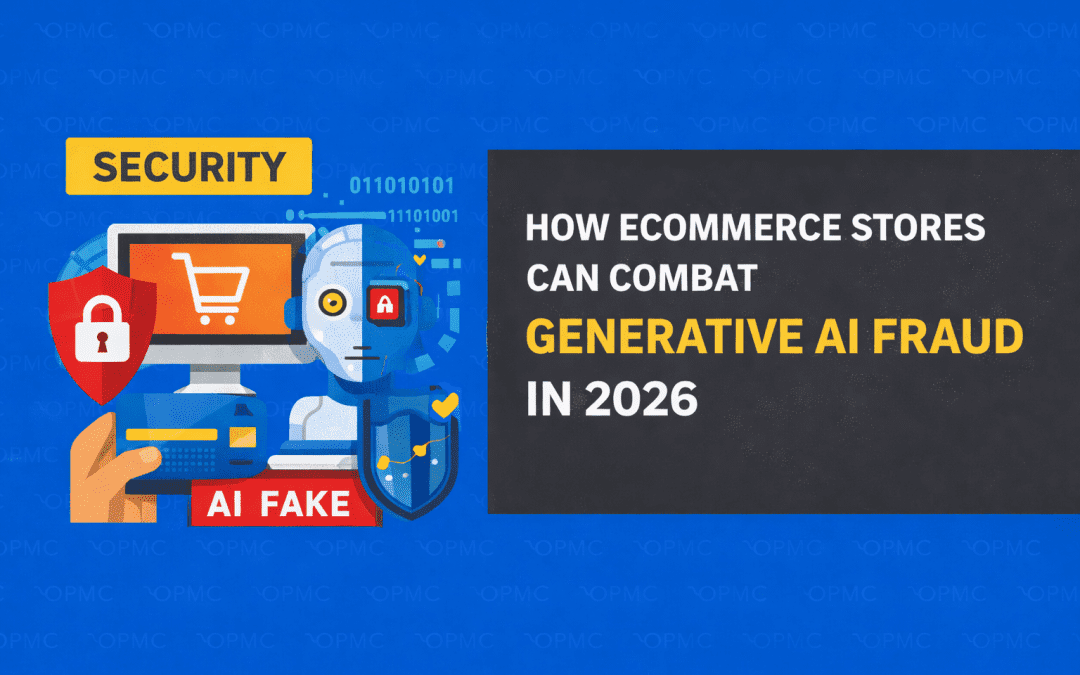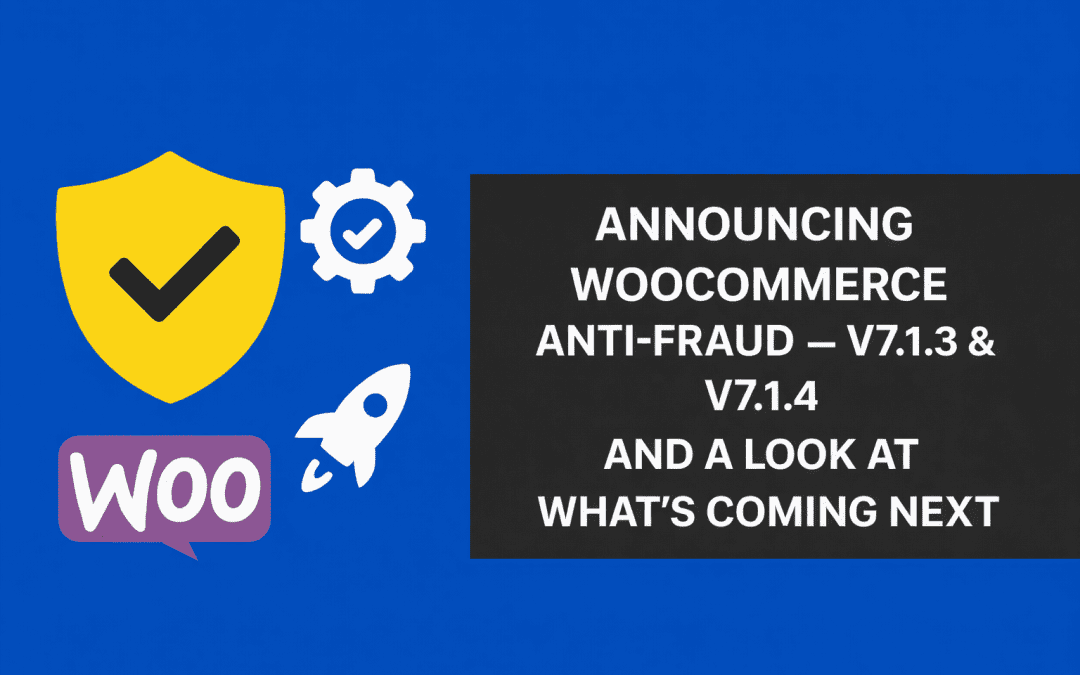2024 will be another revolution in how we integrate AI (artificial intelligence) into all kinds of daily activities. From asking voice-assisted speakers to play our favourite music to entire movies based on generative AI visuals, the world is rapidly changing, and your ecommerce business needs to hop on to remain relevant.
While you may think of AI algorithms for creating a blog post or automating your sales transactions, these AI tools are just as valuable for many other aspects of your operations. The goal is to enhance the customer experience, so they keep returning to your storefront and clicking on that “add to cart” button.
Here are some of the more significant ways AI will influence this year’s ecommerce industry.
#1 – Designing Artwork and Content
There are tons of AI generative platforms like DallE and Midjourney that allow you to craft highly engaging artwork from nothing more than a writing prompt. You could say something like, “Give me an image of a dog wearing an astronaut costume,” and then put that image on POD products for revenue.
With so many products, blog articles, online ads, and social media to feed content, these AI tools enhance the user experience and attract more visitors to your website.
#2 – Streamlining Inventory Management
Inventory is always a hassle to maintain. Part of the reason so many companies turn to dropshipping or digital products is to avoid messing with tracking and recording products in a warehouse.
AI makes managing inventory systems extremely easy. Everything is intuitive and based on the unique needs of your online business. That could be predicting trends from analysed sales data or streamlining systems to minimise overstocking and stockouts.
#3 – Lowering Chargebacks and Friendly Fraud
AI helps detect and prevent future fraudulent transactions from chipping away at your ecommerce income. It can automatically detect certain anomalies like ordering from blacklisted geographic regions or sending a notification if a particular IP is ordering an exorbitant amount of product.
Your ecommerce business needs safeguarding, and modern tools are leading to fraudsters taking advantage of everyone. Having a multi-layered defence using AI ensures you don’t fall victim to these charges through your website, payment processor, or host platform.
#4 – Reducing Manual Labor Through Automation
The entire point of AI is to reduce manually repetitive and mundane tasks. That efficiency is what is driving so much innovation in this field.
When applied to an ecommerce business, you can reduce your workload, team members, and human errors. You have to balance a fine line between automation and delivering a quality customer experience, but that is much better than constantly feeling overwhelmed during the busy holiday season.
#5 – Increasing Conversion Rates
AI algorithms are fantastic at analysing customer behaviours and preferences. You can use these insights to boost your interactions, product recommendations, and website layouts.
The more you can increase user engagement based on the insights gained from AI in operating your ecommerce business, the better you can increase conversion rates.
#6 – Automating Customer Support
Like it or not, chatbots are here to stay. However, you can improve these tools using AI power. Customer service gets a big boost because now you have a system that operates 24/7, 365 days a year.
The point is to offer customers answers to crucial questions and help with any other need when they want it most. That convenience is an immense help in improving your online reputation.
#7 – Personalisation
Today’s consumers want a personalised experience with any ecommerce business they order from. They want to find new products and get discounts based on their previous interactions with a brand.
You can use AI to tailor this experience directly related to the individual preferences of a targeted user. That makes them feel more appreciated, leading to higher purchasing rates.
#8 – Cross-Selling and Upselling
AI can be predictive. It can generate product suggestions in relation to the historical and relevant data of a user – in real-time.
For example, if you run a mountain climbing company where a user has purchased rope and carabiners and is now looking at harnesses, AI can suggest socks, flashlights, and even new attachments to maximise the value of a single transaction.
#9 – The “Idea” Machine
Probably the least talked about, but most valuable part of AI is its way of taking general ideas and giving them more weight with practical insights and descriptions.
If you have a hard-to-explain product, you can use AI to generate a streamlined description that you can customise and personalise.
Or, if you want to expand your business but are not sure where you can toss ideas at AI for it to generate the responses you may have never considered.
Conclusion
The AI genie is never being put back in the bottle. We now live in a world where ecommerce will be 100% impacted by AI tools and algorithms.
The key now is learning how best to leverage these tools for an improved customer experience. That way, you can transform your ecommerce business into a juggernaut of revenue.
One such online tool is Windcave for WooCommerce. This is a payment processing enhancement formally known as Payment Express that allows you to take credit card purchases quickly and efficiently from Visa, MasterCard, and so much more. As a native New Zealand processor, you get top-tier security with off-site processing as well as benefits like:
- Secure off-site payment gateway.
- Simplified credit card transaction process.
- No fuss over SSL certificates.
- Enhanced payment options, including debit cards.
- Strengthened credit card security.
- Streamlined checkout process.
- Plug and play integration.
- No hidden fees.
Download this incredible plugin today and bring your online ecommerce business into the world of powerful automation backed by modern tools like AI.
FAQs
What are the problems of AI in ecommerce?
While AI does improve customer interactions, you do have to watch for privacy, security, quality, and algorithm bias. In most cases, this won’t be a problem with your online business unless you’re using massive data storage or analysis.
How to implement AI in eCommerce?
Begin with something small that automates a vital part of your business. Maybe inventory management, a 24/7 chatbot, or even something as straightforward as our Windcave for WooCommerce plugin.








